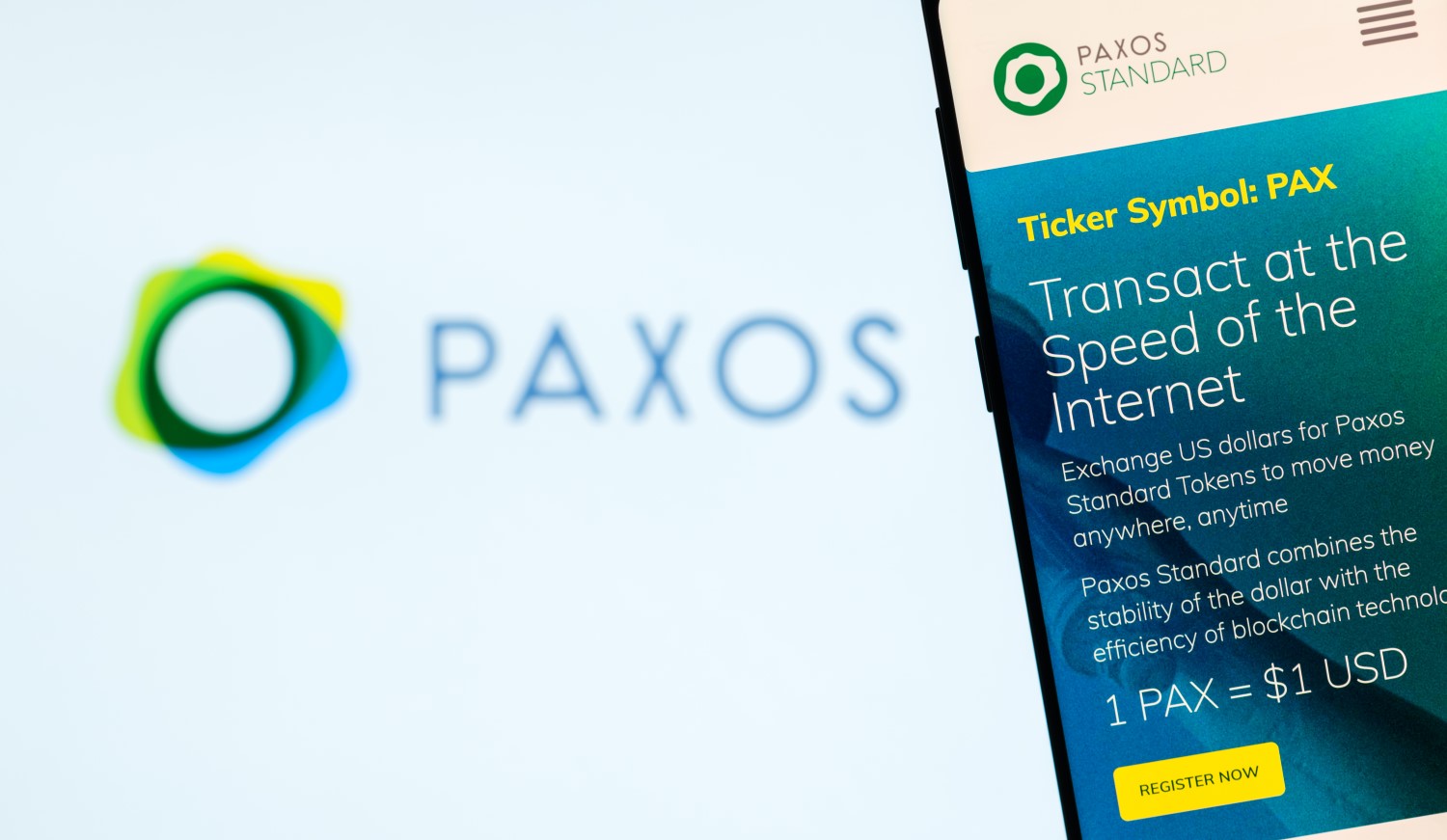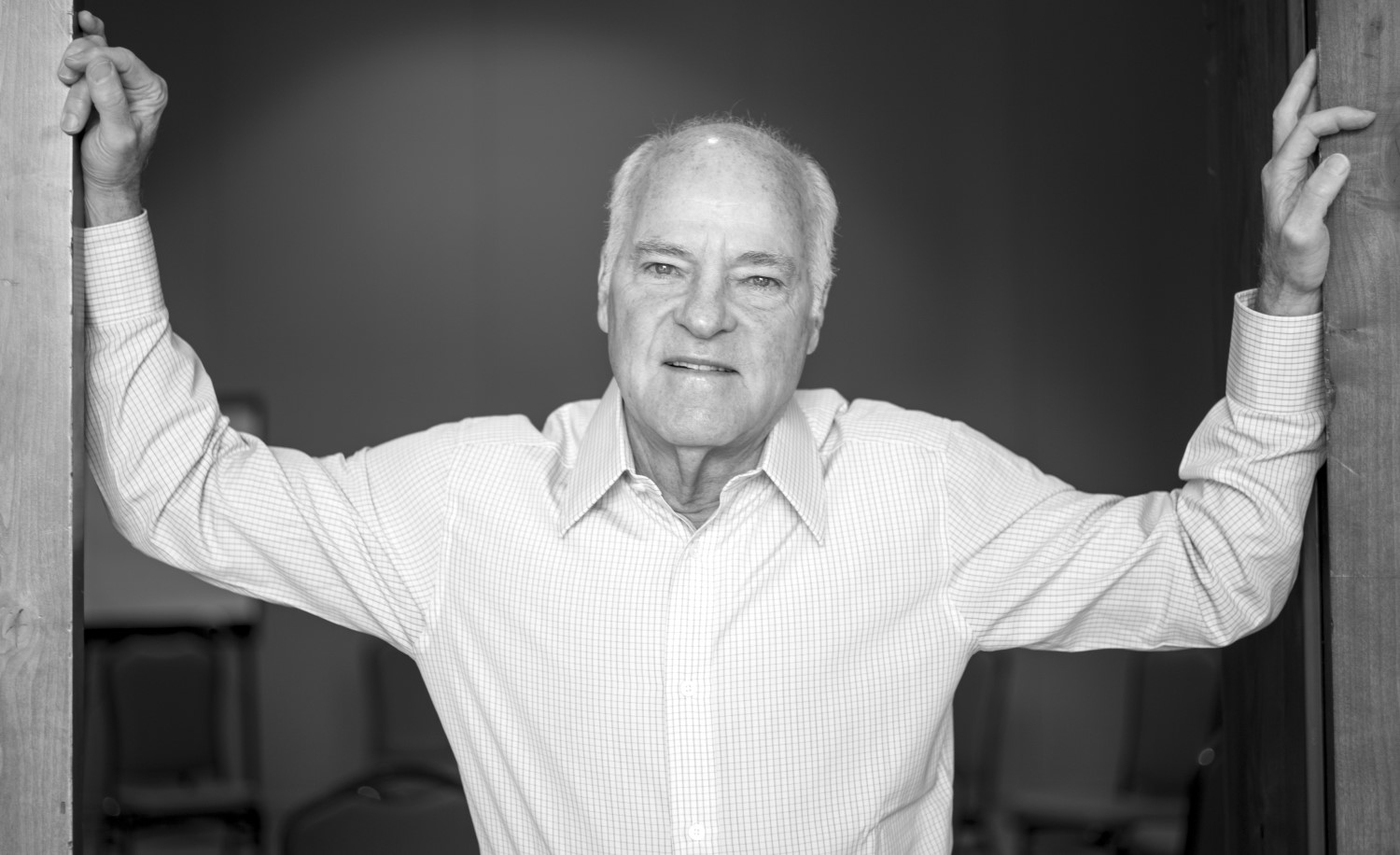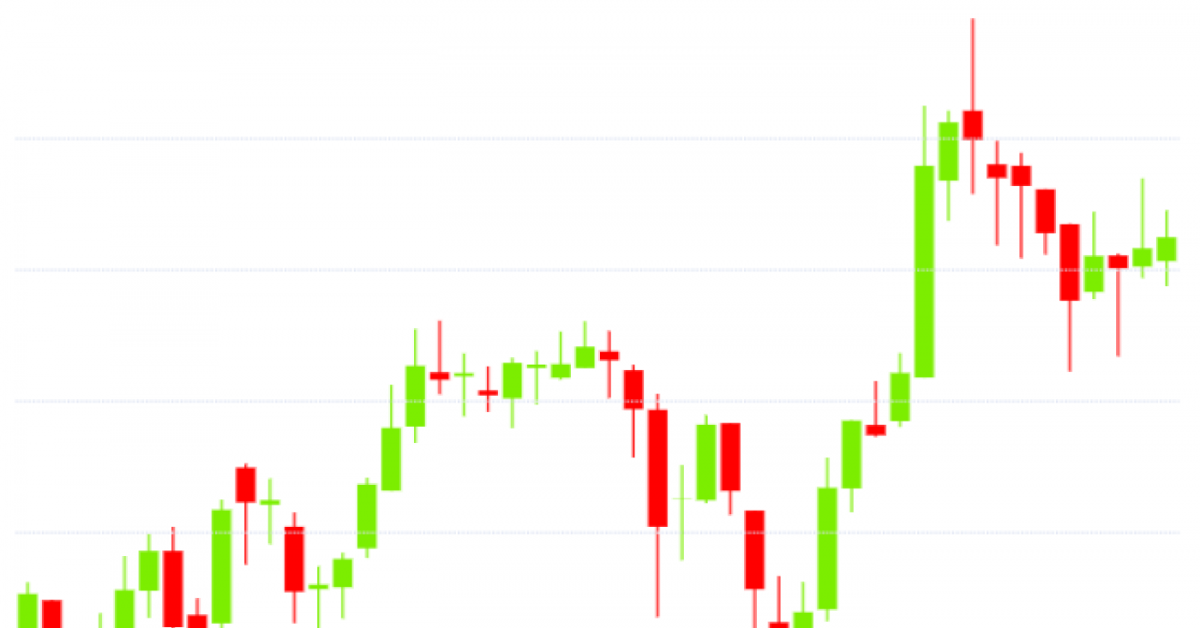The $1 Billion Tezos Blockchain Is Officially Launching Monday
The “experimental” phase for the Tezos blockchain is over.
On Monday morning, the Tezos Foundation will officially announce that the protocol will no longer be in a beta period, and instead be a full mainnet, launched and run by its community.
The designation is admittedly largely a semantic one.
Tezos launched a mainnet, or live blockchain version of its software at the end of June, and since then its xtz tokens have been tradeable. While the blockchain was being used as intended throughout that time – with the number of network participants and staked tokens on the rise – technically the blockchain was in beta and could be paused for maintenance at any time.
Via a spokesperson, Ryan Jesperson of the Tezos Foundation, which maintains the code and pays developers, told CoinDesk:
“We have been happy to see the network operating smoothly and efficiently over these last few months. The community has been actively engaged, with more than 400 validators (‘bakers’) scheduled for an upcoming cycle and the community has been developing an array of exciting technologies.”
According to knowledgeable sources, the only outage that occurred on the network since the June launch happened in mid-July when blocks weren’t properly validating for approximately an hour. The problem was addressed, and the blockchain has been running smoothly since.
When it first launched, only the Tezos Foundation validated transactions on the network, but on July 20 the foundation opened up to third-party validators.
Jesperson recently published a large update on the Foundation blog, detailing business updates such as auditing and grantmaking, as well as speaking to some of the turmoil that preceded his tenure.
Jesperson wrote, “The turnaround was complex, occurred at high velocity and had us all intensely focused on success. To its credit, the entire team worked through the turmoil and produced exceptional work.”
The previous president of the foundation, Johann Gevers, stepped down in February, after a tenure in which many viewed him as stifling the launch of a protocol that set a record for the largest initial coin offering (ICO) of all time up that point – $232 million in July 2017.
Since Jesperson took over, along with a completely new board, the foundation has partnered with major auditing firm PricewaterhouseCoopers; actively funded academics, community members and entrepreneurs with interest in contributing to the ecosystem and set up the first set of validation nodes on which to launch the network.
Most recently, it announced funding for TezTech, a Tezos focused software shop with several projects underway, including a trustless scaling and custody solution, as well as APIs and software libraries.
The market capitalization for xtz currently hovers around $882 million, according to CoinMarketCap, with roughly $3 million in trading over the last 24 hours.
Greek columns photo via Shutterstock
The leader in blockchain news, CoinDesk is a media outlet that strives for the highest journalistic standards and abides by a strict set of editorial policies. CoinDesk is an independent operating subsidiary of Digital Currency Group, which invests in cryptocurrencies and blockchain startups.









